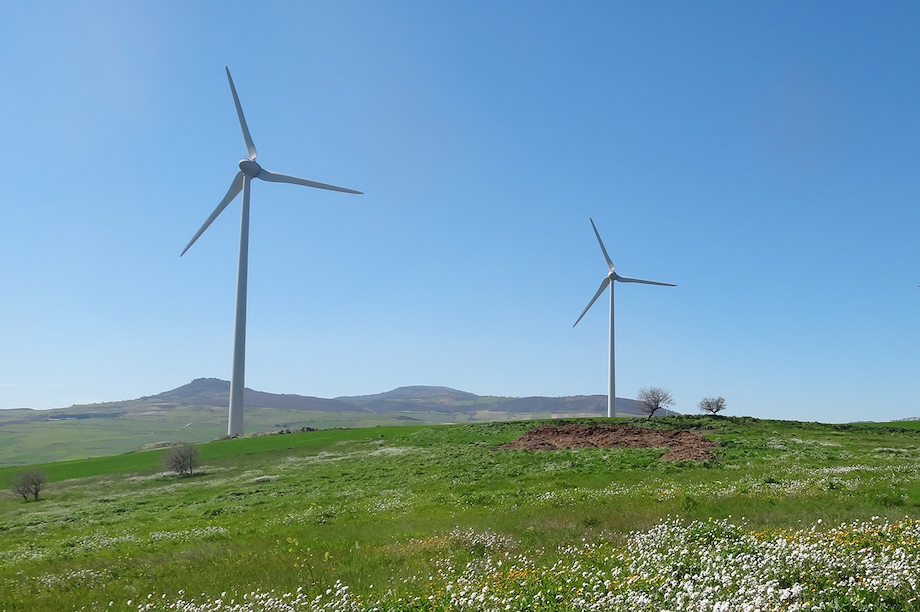Wind power in Italy is not on track to achieve the national energy plan’s goal of nearly 16GW by 2025, according to a report released this week by the Energy & Strategy unit of Milan’s Politecnico University.
The report identifies 19 high-impact actions that would boost renewable-energy growth. Fourteen of these concern bureaucratic simplification. The role of the powerful ministry of cultural heritage, in particular, is under attack.Â
Roberto Pasqua, Italy country manager for developer EDP Renewables, welcomed the report, and added that the ministry’s overbearing influence has to be curbed in order to promote faster project approval.
Analysis of 346 projects by the report's authors found that about half had received a permit to build. But with bigger projects facing more hurdles, less than a third of the proposed capacity had been permitted, meaning 6.9GW was still stuck in the planning process.
Authorisation of projects larger than 6MW tends to take between three and ten years in Italy, according to the report.
Wind energy has emerged as the winner in recent capacity auctions, but the outlook for future tenders is less positive as the pipeline of pre-authorised projects shrinks.Â
According to “uåX˜äŠÊ˜·³Ç Intelligence, the research and data division of of “uåX˜äŠÊ˜·³Ç, there is about 600MW worth of projects in the Italian pipeline that have completed the approval process.
Just 413MW of new wind capacity was added in Italy in 2019, boosting the cumulative installed capacity to 10.9GW. Growth last year was slower than in 2018, when 511MW was added.Â
Assuming that new installations in 2020 will be in the region of 200-250MW, as a result of Covid-19 delays, the report estimates that achieving 16GW by 2025 will require an average of 1GW of additional capacity a year from 2021.
Less than 60MW of new capacity was added in Italy in the first five months of 2020, according to “uåX˜äŠÊ˜·³Ç Intelligence.

The Politecnico University's report found that power purchase agreements were not very popular with Italian project developers, due to the absence of medium-term price signals from policymakers.Â
Tenders were working well but, in order to boost wind development, repowering projects should also be allowed to participate, according to Angelo Leonelli, head of regulatory at wind energy operator ERG.

.png)



.png)









